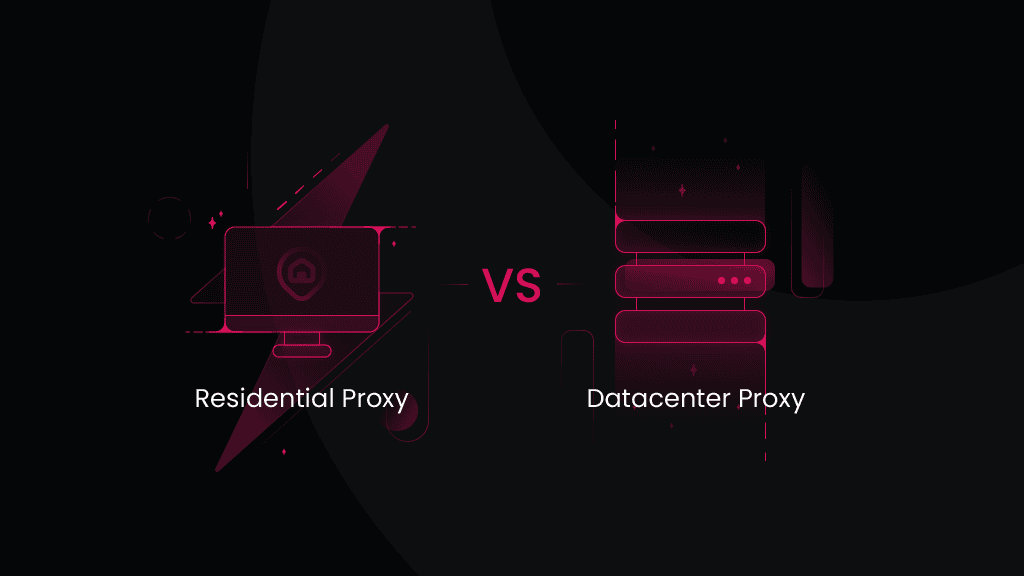Video: What is a residential proxy?
What is a residential proxy and how does it work? Why do you need these proxy servers?
Martin Ganchev
Feb 19, 2024
2 min read
Residential proxies explained
A residential proxy is an intermediary server between you and the website you're trying to access. This server is given by a provider that gets an IP address from an end-user, not data centers. Each residential IP is a real mobile or desktop device pinning a certain physical location.
About the author

Martin Ganchev
VP Enterprise Partnerships
Martin, aka the driving force behind our business expansion, is extremely passionate about exploring fresh opportunities, fostering lasting relationships in the proxy market, and, of course, sharing his insights with you.
All information on Decodo Blog is provided on an as is basis and for informational purposes only. We make no representation and disclaim all liability with respect to your use of any information contained on Decodo Blog or any third-party websites that may belinked therein.

